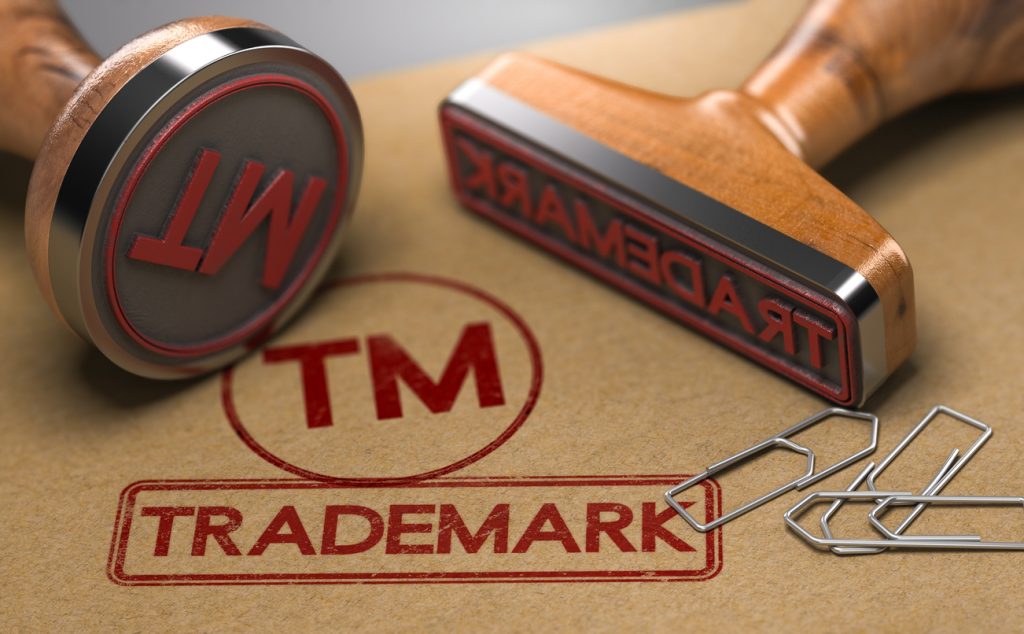In today’s interconnected world, brands cross borders more easily than ever before. Whether you’re a startup launching a new product line, an e-commerce business scaling into new markets, or an established enterprise expanding globally, protecting your brand is critical. And while registering a trademark domestically is a great first step, global trademark protection is where real, long-term brand security lies.
But global trademark law is complicated. There are many rules in several nations, and no one-size-fits-all answer. That is where trademark lawyers come in as precious friends. They do not merely register your mark—via them, you can secure protection, upkeep, and enforcement of your trademark rights globally.
Why Global Trademark Protection Matters
Imagine building a successful brand in the U.S., only to find that someone else has already registered your trademark in Europe or Asia. Now you’re either locked out of those markets or face a costly legal battle to reclaim your identity.
This scenario is more common than you’d think. With counterfeiters, copycats, and competitors ready to capitalize on your success, securing international trademark protection is not a luxury—it’s a necessity.
Key benefits of international trademark protection are:
- One right to use your brand in your target markets
- Legislative safeguards in the event of misuse and infringement
- Higher value of your brand (for investors and acquisitions)
- Safeguard against imitators profiting from your reputation worldwide
The Legal Complications of International Trademarks
Trademark laws vary wildly, from nation to nation. There is no single trademark office for the world. Instead, you must file in individual nations or use international systems like the Madrid Protocol, which allows you to file in numerous jurisdictions with a single filing.
But even these systems are beset by complexity:
- Eligibility criteria differ by country
- Some nations demand proof of use
- Others employ first-to-file, where rights accrue to the first individual to arrive (not necessarily the one who arrived first)
- Translation difficulties can cause accidental conflicts or offensive translations overseas
An experienced trademark lawyer is sensitive to these layers and develops an individualized protection strategy considering:
- Where you are already established
- Where you would like to expand
- Where there is greatest risk for counterfeiting
- Budget constraints and strategy of filing
How Trademark Lawyers Help with Global Protection
Here's a step-by-step explanation of how attorneys assist you nail down your brand worldwide:
-
Trademark Search and Clearance in Target Countries
An attorney conducts thorough clearance searches in your target countries prior to filing. They look for:
- Existing marks most likely to be the source of conflict
- Translation or transliteration issues
- Cultural sensitivities or brand errors
This eliminates wasting time and money on rejected trademarks—or worse, getting sued.
-
Strategic Filing via Madrid Protocol or Direct Filings
Attorneys guide you on the best approach:
- Madrid Protocol for efficient filings in over 100 member states
- National filings in non-Protocol countries (e.g., Canada to date, or special requirement countries)
- They will handle timelines, paperwork, and liaison with foreign counterparts as needed.
-
Defeating Objections and Office Actions
Other trademark offices may object. A lawyer creates solid arguments of law to defeat these obstacles—something websites or do-it-yourself attempts cannot.
This is especially important in strict or ambiguous jurisdictions.
-
Dealings and Renewals
Trademarks must be renewed on a regular basis (every 10 years is standard). Lawyers keep tabs on global renewal dates, keeping you in good standing without interruption.
They will also help with filing proof of use when required, which is generally an invisible threat to the unaware.
-
Monitoring and Enforcement
Protection internationally is not entirely by registration. Attorneys offer monitoring services to:
- Locate similar trademarks others have registered
- Identify counterfeiting or unauthorized use
- Send cease-and-desist letters and sue, if needed
Due to IP theft being common in most markets, ongoing monitoring is essential.
-
Advising on Brand Licensing and Expansion
If you are exporting through overseas licensing, franchising, or joint ventures, a lawyer legally protects your trademark rights. They help draft license agreements, define clear territorial rights, and prevent misuse of your brand name overseas.
Real-World Example: A Brand-Saving Strategy
Picture a U.S. skin care company that rapidly took off domestically and sought to move into Southeast Asia. They hired a trademark lawyer who discovered a similar name was registered in Thailand and Malaysia. Instead of spending costly battles in court after entering to sell, the lawyer:
- Recommended a brand solution for those markets
- Helped negotiate a co-existence agreement for one country
- Filed preemptive filings in neighboring jurisdictions
This vision saved the company from costly lawsuits and brand confusion.
Final Thoughts: Don't Go Global Without a Legal Partner
Going global is exciting—but risky without strong legal support. Trademark lawyers are not "filing clerks"; they are veteran protectors of your brand identity. They help you grow with confidence, knowing that your brand is secure across borders.
Whether you are a startup business planning ahead or an established business expanding today, an investment in global trademark protection services through a seasoned attorney is one of the greatest investments you can make in the long-term success of your brand.





















